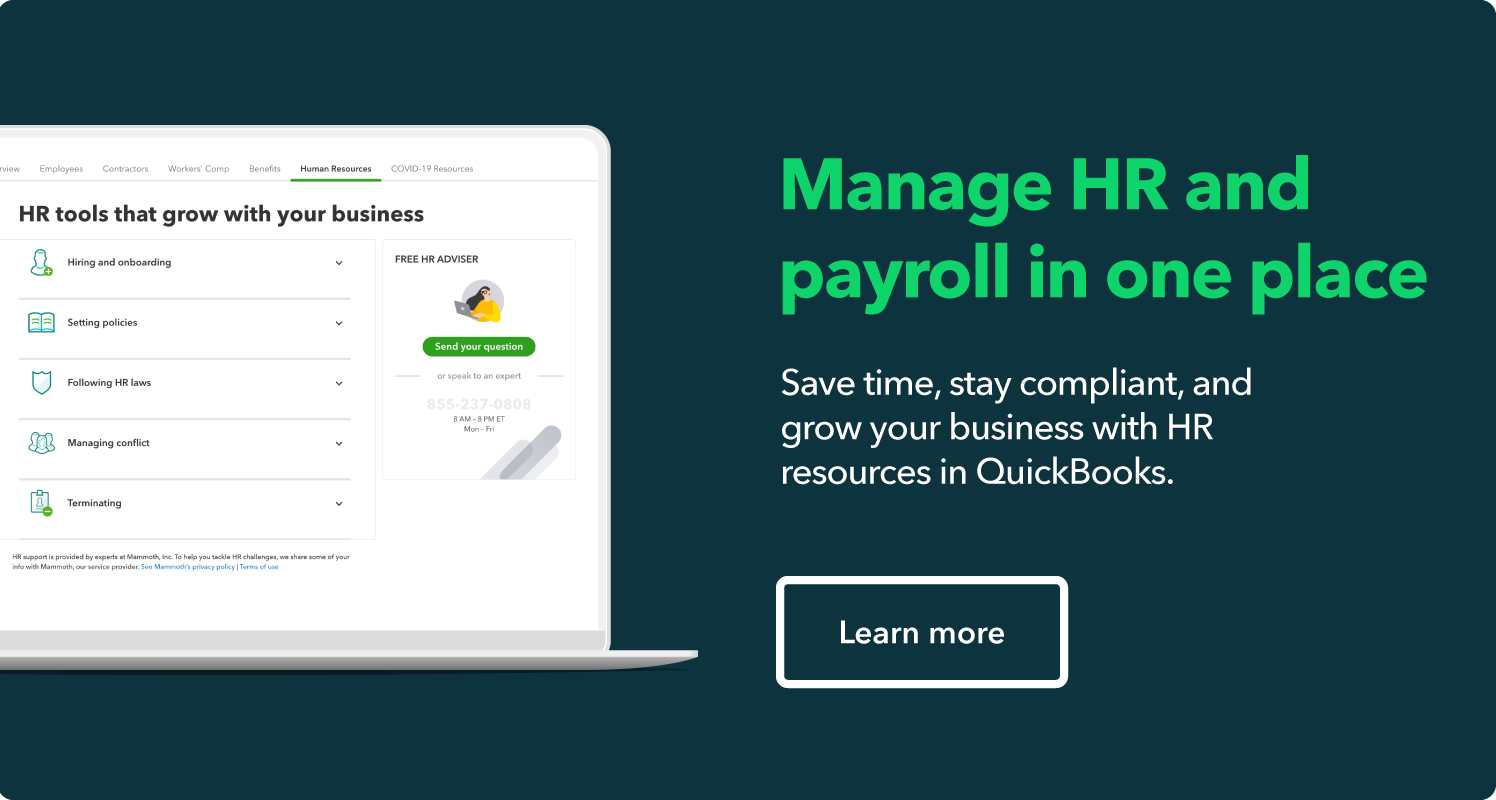The Federal Government requires business owners to pay your personal and business taxes to the Canada Revenue Agency (CRA). However, each Canadian province has their own set of payroll regulations, from compliance and deductions, to hours and benefits. Although there may seem to be many hoops to jump through, this does not mean running your payroll needs to be a complicated process. This guide will help ensure that you’re aligning with Yukon’s specific regulations, so you can keep your employees happy and your business running smoothly.

Yukon Payroll Guide
Yukon Minimum Wage
Yukon's minimum wage is $15.20 per hour. The minimum wage increases every year on April 1st. This annual increase is tied to inflation, calculated using the Consumer Price Index (CPI).
For a list of category class rate changes for workers on Government of Yukon public work contracts, see this link.
Hours of Work
All Canadian provinces have their own laws on working hours. Here are the general rules for Yukon.
- Maximum hours worked: 8 hours/day and 40 hours/week.
- Overtime: Any hours over 8 hours/day or 40 hours/week
- Overtime rate: 1 and 1/2 times the employee's regular pay rate
- Break period: 1/2 hour every consecutive 5 hours worked. If the employee works over 10 hours, they cannot work longer than 6 hours without an eating period.
Workers Compensation Yukon
Employers registered with the Yukon’s Worker Compensation Health Safety Board are required by law to submit an annual report of the previous year’s payroll, estimates for the upcoming year’s payroll, and contract labour information. Employers can submit this information to the Board using the Employer's Payroll Return and Contract Labour Report (EPR) form.
Every December the board prints an EPR form for each registered employer and mail it to the address they have on file. Registered employers should receive this form by mid-January. If it is not received, or it is misplaced, a new copy can be sent. Contact them at 867-667-5645 or 1-800-661-0443, or email WCHSB-assessments@gov.yk.ca to ask for one.
The YWC uses the payroll information on your EPR to calculate the amount you are required to contribute to Yukon’s workers’ compensation system for the upcoming year. The information is also used to finalize the previous year’s payroll.
Such employer contributions help to ensure that there are sufficient funds available to care for workers who become ill or are injured in Yukon workplaces.
Payroll Tax Deductions and Remittances
Employers are not allowed to withhold, deduct or offset an employee’s earnings for any reason without their written authorization. Such authorization does not include an agreement by an employee to pay any of the employer’s business expenses.
Allowable deductions include:
- Canada Pension Plan
- Employment Insurance
- Income Taxes
- Court-Ordered
- Garnishments/Judgements
- An employee’s written assignment of wages for specific reasons and amount
- An employee’s direction to pay wages to their spouse or to a family member
Prohibited deductions include:
- The employer’s business costs
- Faulty work
- Damaged property
- Cash shortages
- Lost property
- Any other deductions without an employee’s written consent or authorized by the Act
Yukon Pay Statements
An employer has 10 days after the end of a pay period to pay all wages, other than
vacation pay, owing for that period.
The Act defines “pay period” as any period of employment, not exceeding 16 consecutive
calendar days, established by the employer for the computation of wages.
Yukon pay statements must contain the following (though employers may include additional items):
- Pay period date
- Net pay
- Itemized deductions
- Total hours worked
- Gross earnings
- Wage rate
Leave of Absence in Yukon
Vacation entitlement Yukon
- After 1 year: 4% or 2 weeks
Termination Notice in Yukon
QuickBooks Online improves the payroll process by automating mundane tasks and ensuring you are staying on top of compliance regulations. You can set reminders so you don’t miss certain dates, allow employees access to their schedules, and combine with other apps so you can integrate your accounting and payroll information. Try it today!



